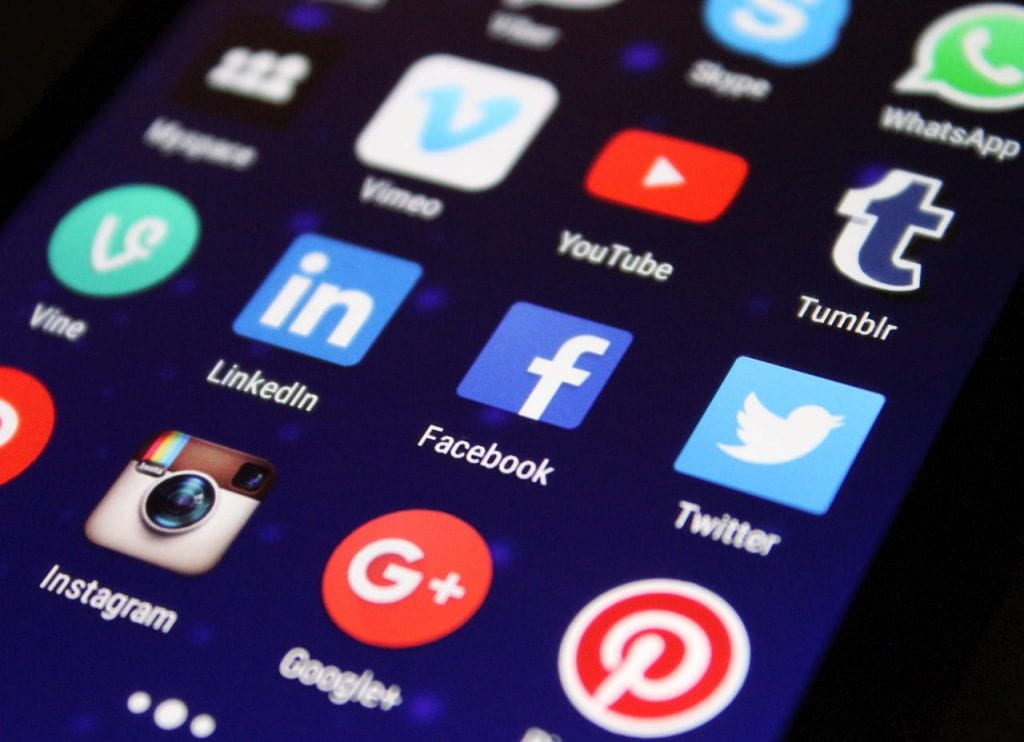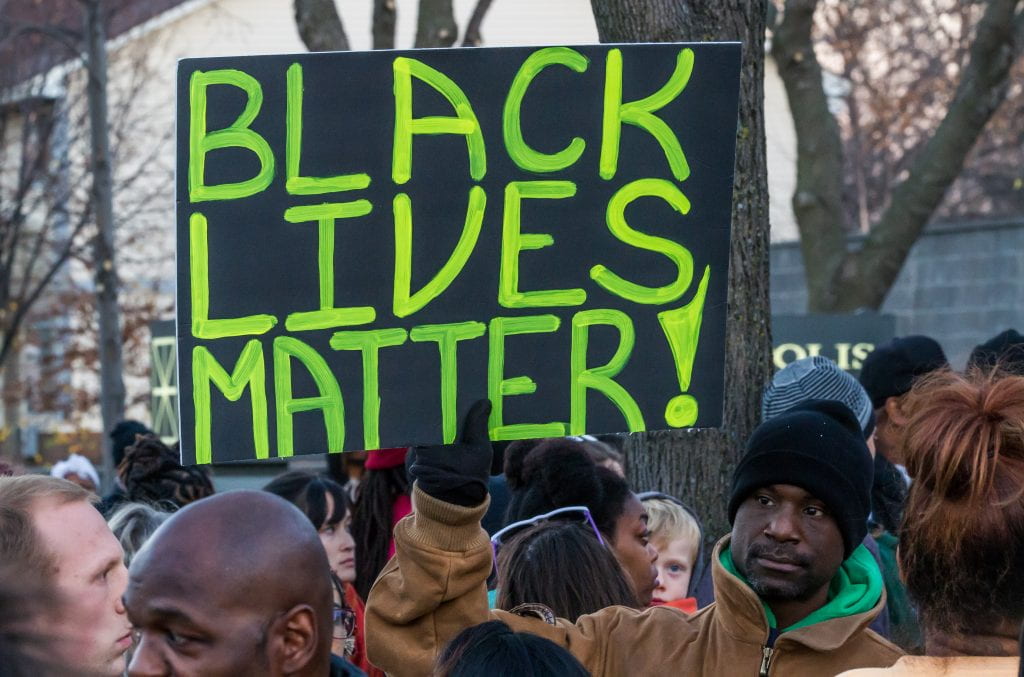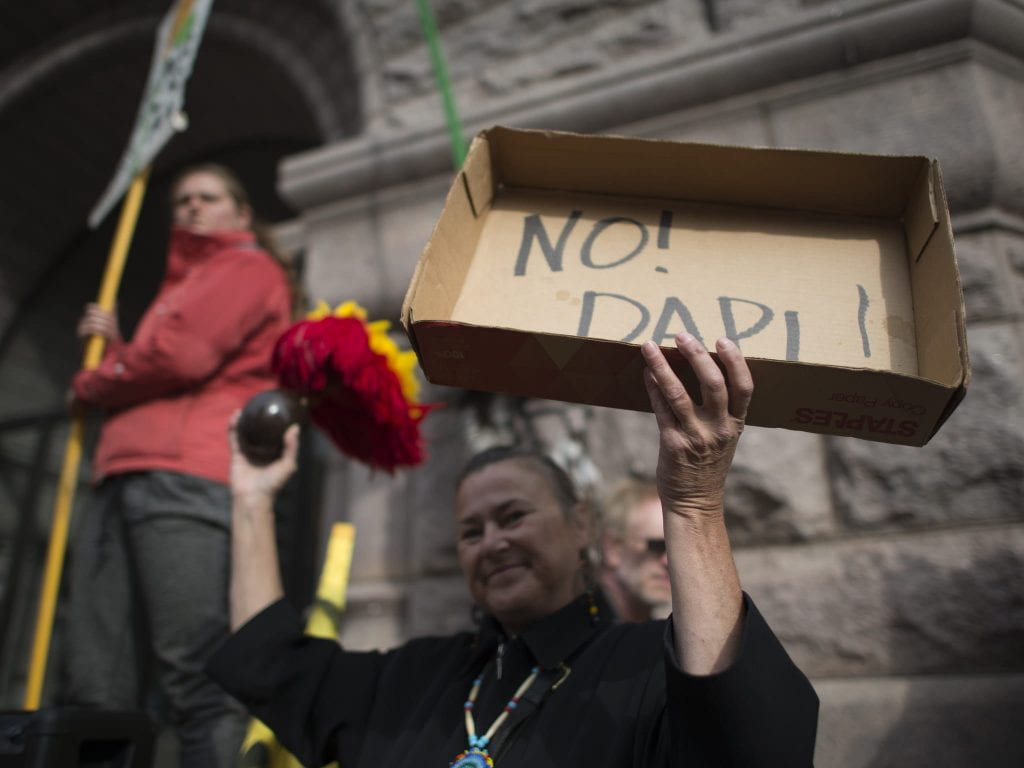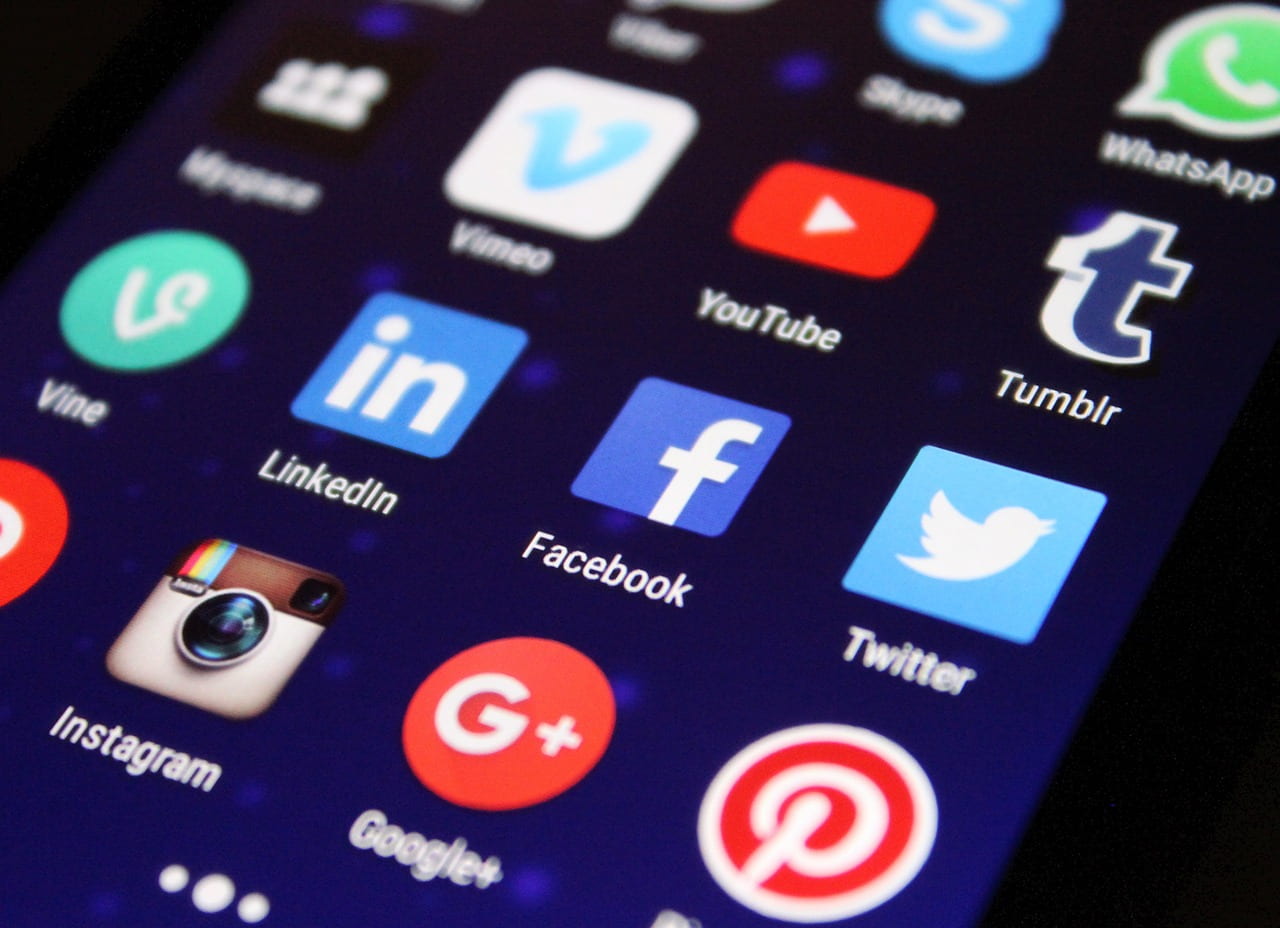Online activists are often termed as “social justice warriors” by those who doubt their impact. Self-identified “trolls” cast ridicule on these individuals, beliving social media activism is useless. How merited are these claims, and how useful is online activism?

Social media users have transformed online platforms from casual social atmospheres to an environment of learning. The online practice of calling out culture, publicly identifying and shaming individuals for offensive statements or actions, is harsh while providing an avenue for social change. There are plenty of issues with this practice – bullying minors, for one;however, there is a need for accountability in today’s age where people can spread harmful opinions across the web in seconds. A popular Tumblr blog called “Racists Getting Fired” participates in online call-out culture in a practice sometimes known as doxxing – publicly spreading information about individuals with the intention of harming their social or work lives. The blog details the work information of the individual(s) in question and contacts the employer, which can lead to the termination. Some claim this is too harsh of a practice, yet others say that these are simply the consequences of posting racist or bigoted opinions online.

The use of hashtags has also been an effective tool in raising awareness for human rights. Groups of activists tweeting #blacklivesmatter or #noDAPL has raised global awareness for these issues. Social media allowed activist groups to spread the word about the water crisis in Flint, Michigan, when the media turned a deaf ear. Social media has been a platform for organizing protests and spreading knowledge about public dissent over the murders of black individuals at the hands of the police. Many outside of the Black community would not be aware of the heartbreaking stories of Sandra Bland, Tamir Rice, Michael Brown, and so many more without the aid of social media. Twitter in particular has been useful in giving voices to activist leaders such as DeRay McKesson, and giving rise to celebrity activists like Zendaya.

The power of social media cannot be understated. To suggest that online activism isn’t real or impactful is simply false. Successful maneuvering of social media platforms creates significant changes in society through the impact of an individual who cultivates awareness and makes knowledge accessible to millions. In the past, those with the loudest voices and the most opinions were those with the most power and money, and the proper connections to global media. Today, the advancement of social media has favored the voices of the marginalized minority groups–people of color, LGBT, disabled, indigenous, Syrians in Aleppo–have been heard globally by millions when they have been silenced for centuries.

